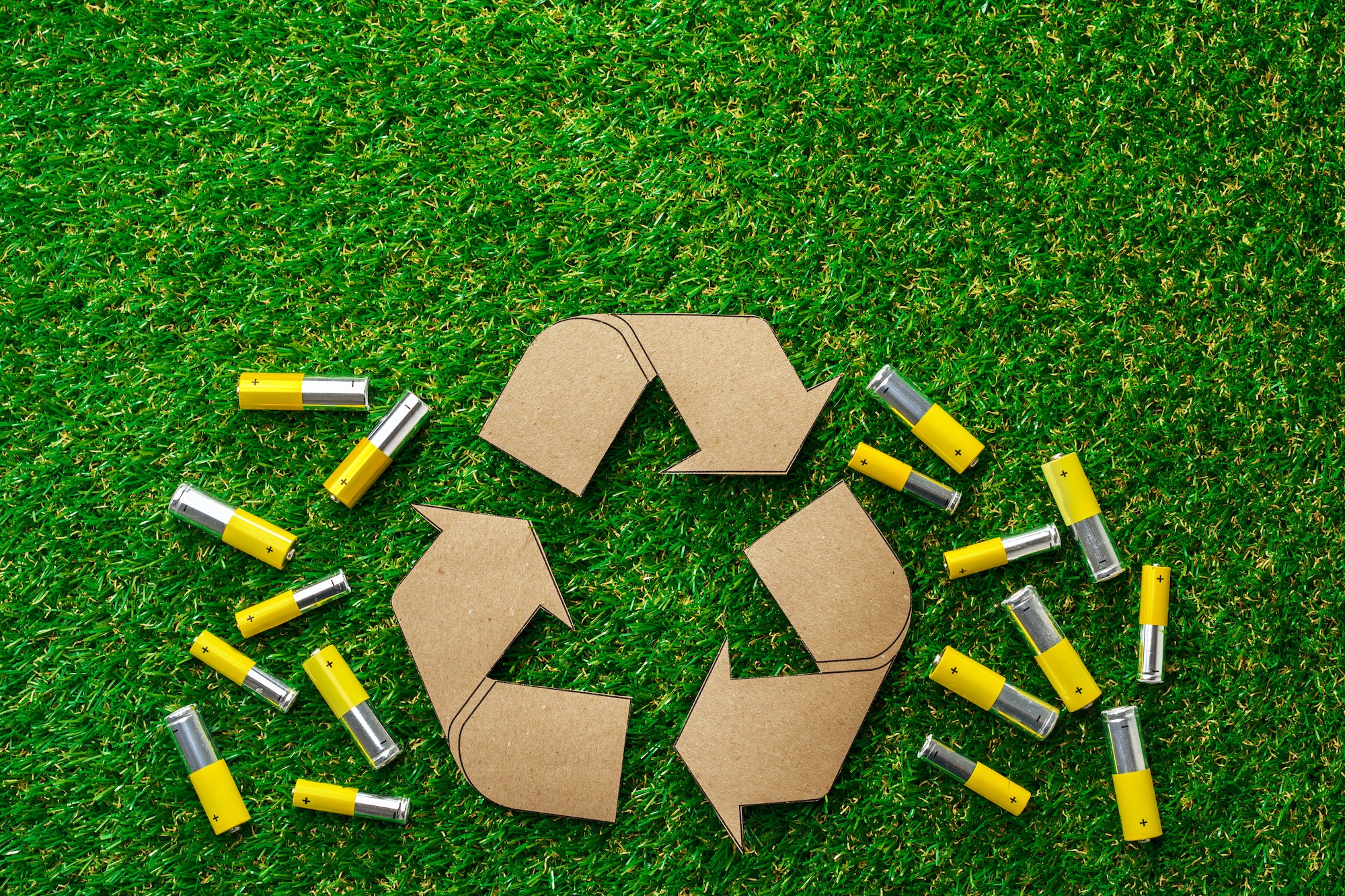

New Energy Weekly – Lithium recyclers get a lift
Lithium recyclers get a lift in Europe as a new battery maker plans to use up to 50% black mass in the mix.
Black mass is the term for the powdery residue of lithium, nickel, and cobalt that forms when lithium-ion batteries get recycled.
The company is Livista Energy. The company’s goal is to be Europe’s largest sustainable lithium refiner. The private company business plan is to help meet Europe’s rising demand for lithium chemicals. The demand forecast for Europe is 400,000 metric tons per year by 2030. And recycled black mass is a critical part of the supply side to meet that demand.
The company plans to build Europe’s first two standalone lithium conversion facilities. They will use a diverse range of feedstocks, including recycled battery materials.
Livista Energy’s new battery plant in Germany will produce enough lithium to supply the batteries for 850,000 electric vehicles (EVs). The company just announced that Technip Energies will engineer the new lithium refinery.
The refinery will use 50% recycled feedstock by 2030.
Livista Energy’s refinery will use black mass in addition to mined lithium minerals like spudomene, lithium carbonate, and lithium sulfate.
This lines up well with the lithium recycling companies we researched for Mangrove Investor. Li-Cycle Holdings (LICY) and Electra Battery Materials (ELBM) both recycle batteries into black mass.
While Electra only operates in North America, Li-Cycle plans to build new plants in Norway and Germany. That’s a perfect match for Livista’s need for supply.
And make no mistake, this is the right place to be. According to analysis by Benchmark, the global EV supply chain needs $514 billion in investment by 2030.
This trend is a juggernaut. An irresistible force. And we can invest alongside it and feel good about doing it. That’s what we strive for at Mangrove Research.
Sincerely,
Matt Badiali


